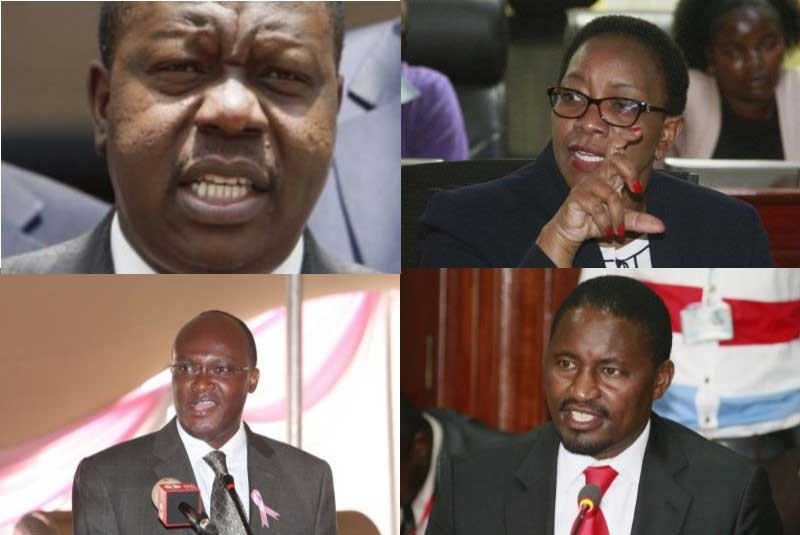×
The Standard e-Paper
Home To Bold Columnists

President Uhuru Kenyatta is betting that 2019 will be the year he actualises his development agenda that id based on four pillars - food security, affordable housing, manufacturing and universal healthcare (UHC). He will rely on his foot soldiers, who are members of his Cabinet, to make the agenda a reality amid fears from critics who think it is just another passing cloud. We spoke to the CS, who shared their plans on the agenda.